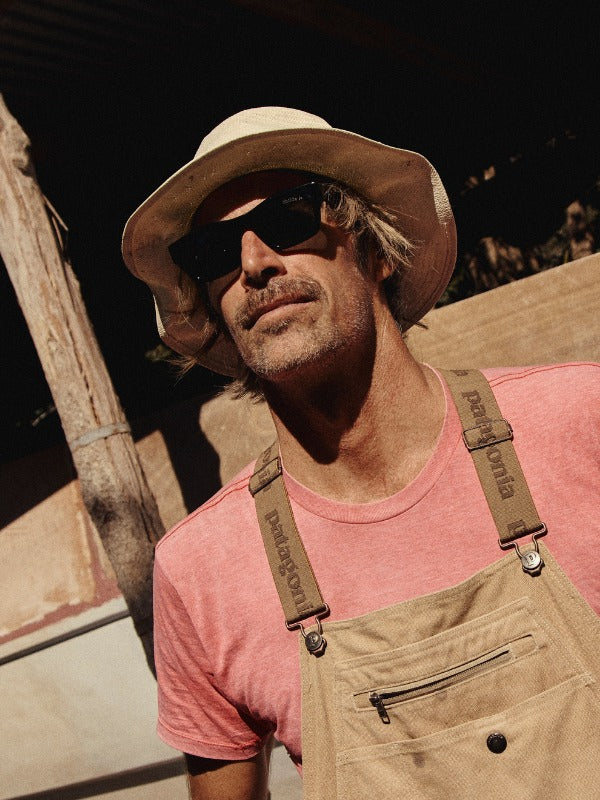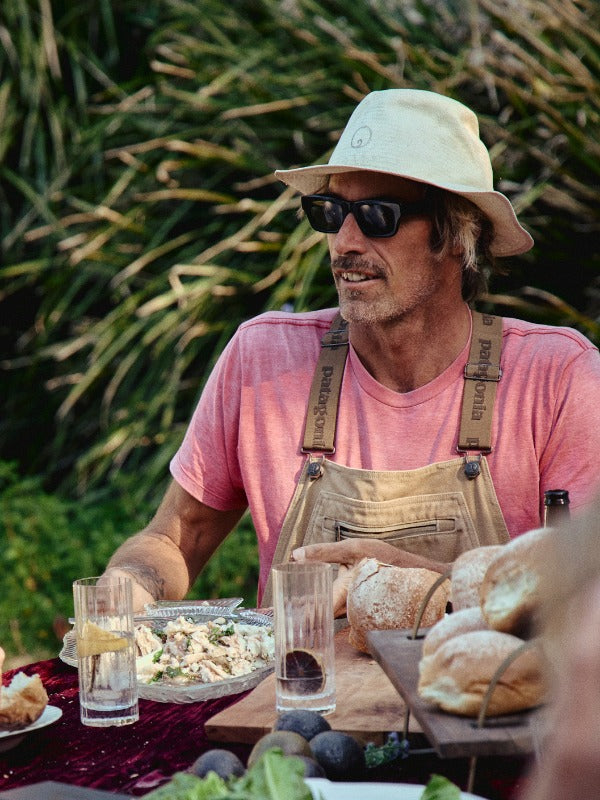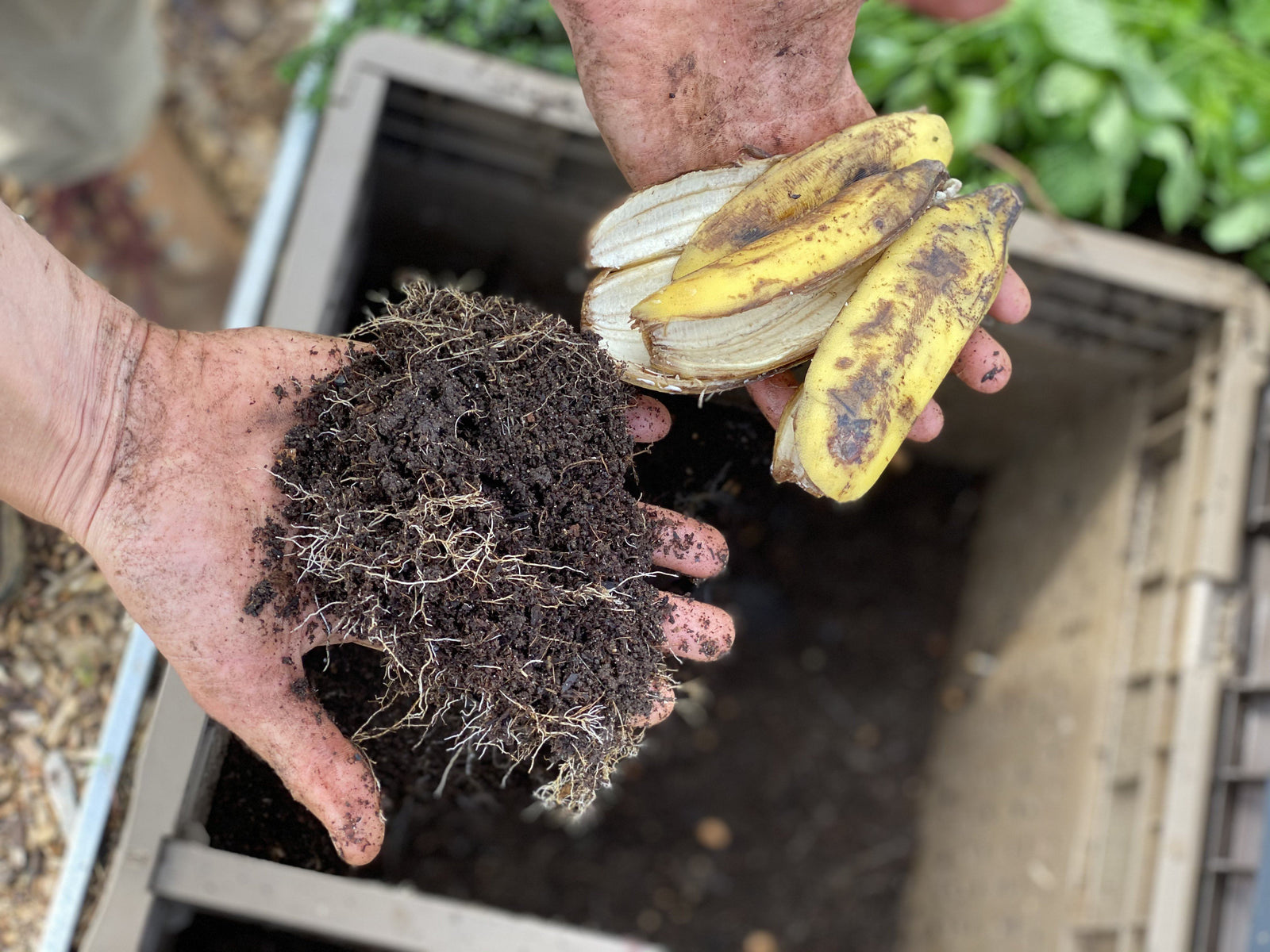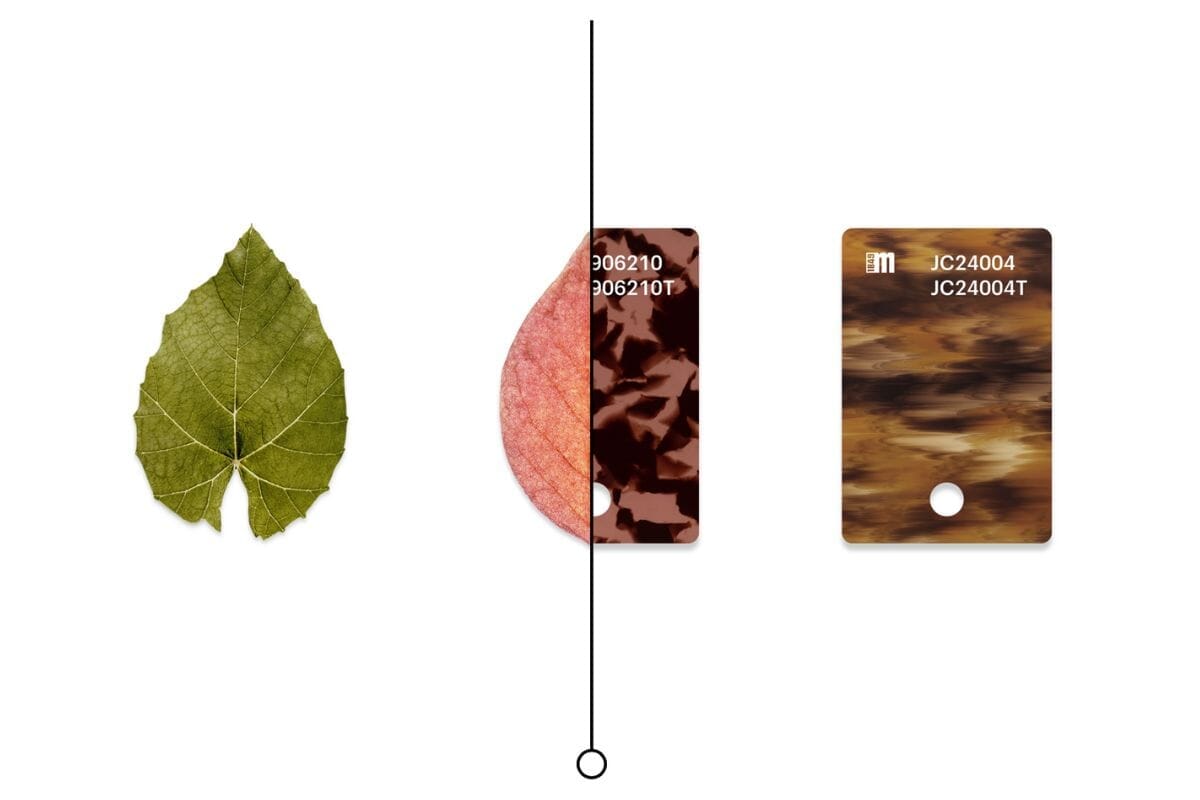As word about the climate crisis and the uncertain state of the planet storms its way into news headlines, social media, and a relentless political battle ensues over who is in charge of taking action, it’s easy to feel a little helpless and hopeless about how a single person like you or I can possibly make a difference.
Perhaps one of the best ways to tackle a burning ship is to find common ground and work together bit by bit to extinguish the flames.
A large piece of the puzzle lies within our daily habits and consumption. Food in particular is something every single one of us takes part in, therefore our ability to create an impact (big or small) is right there on our dinner plates. Every single day.
Imagine this, you’ve just done your weekly grocery shop and you’re pushing your trolley to the car. The security guard comes up to you and tells you that you need to hand over one of those bags and chuck it in the large skip bin out the back.
Quite likely you’d be baffled and tell him to take a hike.
Well, it turns out, the average Australian family throws 1 out of 5 shopping bags of perfectly good food in the bin. ( reference - https://www.foodbank.org.au/ )
So, while that seems a little crazy, and most certainly wasteful, the effects of this detachment from our food are much more widespread than a few million tonnes of perfectly edible food going into landfill each year.

From the clearing of land like our carbon sequestering forests and habitats of our native wildlife to make space for crop production and grazing.
To the extensive water use and fossil fuels that power farm equipment and transport the food from the farm to supermarket shelves.
We then interfere with the natural cycle of decomposition by adding organic food waste with an assortment of other unwanted materials which we bury in a big hole and take comfort in them being out of sight out of mind.
And while hidden underground, the materials decompose together creating a toxic mess that poisons the land, the air and the sea.
Consider this, an overladen fruit tree in a field will share its surplus fruit with birds, bats and possums while another portion of the fruit falls to the ground where it slowly decomposes and over time replenishes the soil, creating a fertile environment for the tree to produce more fruit the next season.
An overladen fridge which is constantly chewing through energy to run, holds it’s surplus until some becomes unused, unwanted and in turn discarded and it’s our households that contribute to a whopping 75% of the food waste that makes its way directly into landfill. ( reference - https://www.foodbank.org.au/ )

An opportunity to change
It’s within this global food system that does not have the ability to sustain, and our unintentional wasteful food habits that resides the opportunity to find better solutions and implement better habits.
The team at Subpod are the inspiration the world needs to begin reclaiming our right to slow food and proof that grassroots pioneers are having an incredible impact through their education and implementation of simple yet effective food waste solutions.
Subpod is a compact in-ground compost system and worm farm which allows you to divert your food scraps from landfill right into your own garden, even if you only have a tiny space to work with. They have inspired a global movement of home composters who are all reaping the benefits and joy that come with growing abundant and organic food whilst contributing to a healthier planet.



To get the low down on all earthly matters, we caught up with Subpod Project Manager Kathryn Roberts and Chief Science Officer, Peter Howard.
So break it down for us, what exactly is happening when we throw our food scraps in the wheelie bin along with our other household waste?
“When food scraps are tossed into the wheelie bin with the rest of the household waste, it is usually buried in landfill and without access to air breaks down very slowly (anaerobically) with much of the carbon containing molecules broken down into methane.
Because methane is a gas, it can then percolate up to the surface. For about 12 years, it will trap 75 times more heat than carbon dioxide. After this point, it breaks down to CO2 where it continues to trap heat for another 100 to 300 years. If food waste were composted instead, this would take 2.14 to 3.13 gigatons of CO2 out of the air over 30 years, taking the equivalent of 18 million cars off the road per year for those 30 years.”
( reference - https://www.drawdown.org/solutions/composting )
( reference - https://www.epa.gov/energy/greenhouse-gas-equivalencies-calculator)
Enter Subpod – a system that mimics nature and takes the mess and fuss out of composting.
Where are some cool places you have seen Subpod pop up and approximately how many households and businesses world wide have jumped on board?
“Last count in early September 2021 was approx 31,000 with more expected to join the Subpod Family once we launch the apartment balcony version ( Modebed ) for those who live in those kind of home-scapes. We also have over 12,800 active participants on our online community composting platform Grow Hub - have you checked it out?
Cool places, well - schools is one of my favs as it inspires the next generation (and some of this one) to do cool things, building complexes and apartments like Habitat Byron Bay where it is about engaging people living together to be part of a community, under a few feet of snow in the northern hemisphere, community gardens, rooftops, resorts - not quite the moon or outer space but maybe soon!”



Composting isn’t a new solution. Why do you think Subpod has made such an impact and gained so much customer love amongst green thumbs and total novice gardeners alike?
“We are more than just a product - we are all about building community, education and helping people make composting part of their everyday lives. We like to think of our customers as family - and we want to give them the support and resources they need to divert their food waste from landfill and perhaps connect with the natural world - no matter where they live. We understand that a large part of our customer base have never composted let alone gardened before so we really want to help them get started and show them that there is more to diverting waste - they can perhaps start growing some of their own food, think about what they are doing in their lives to look after the planet and help feed the soil (feed the world). We would love to see them connect with the understanding that we can all do something to help this planet in our own backyards (or balconies!).”

Subpod - https://subpod.com.au/
References
https://www.foodbank.org.au/
https://www.drawdown.org/solutions/composting
https://www.epa.gov/energy/greenhouse-gas-equivalencies-calculator
_ _
Story by Jane Deane theslowjournal.com
@slow_journal











Leave a comment (all fields required)